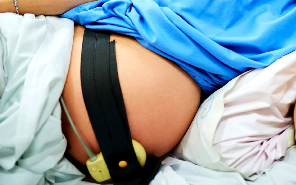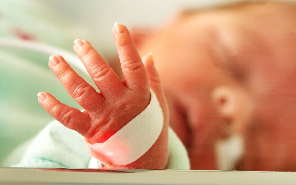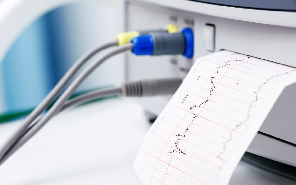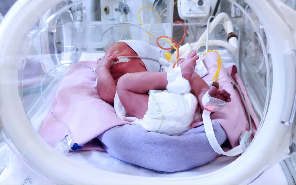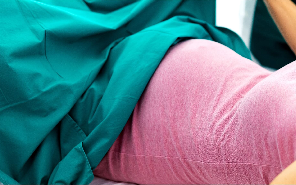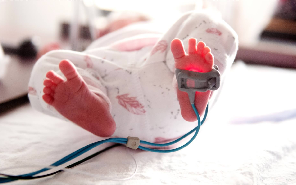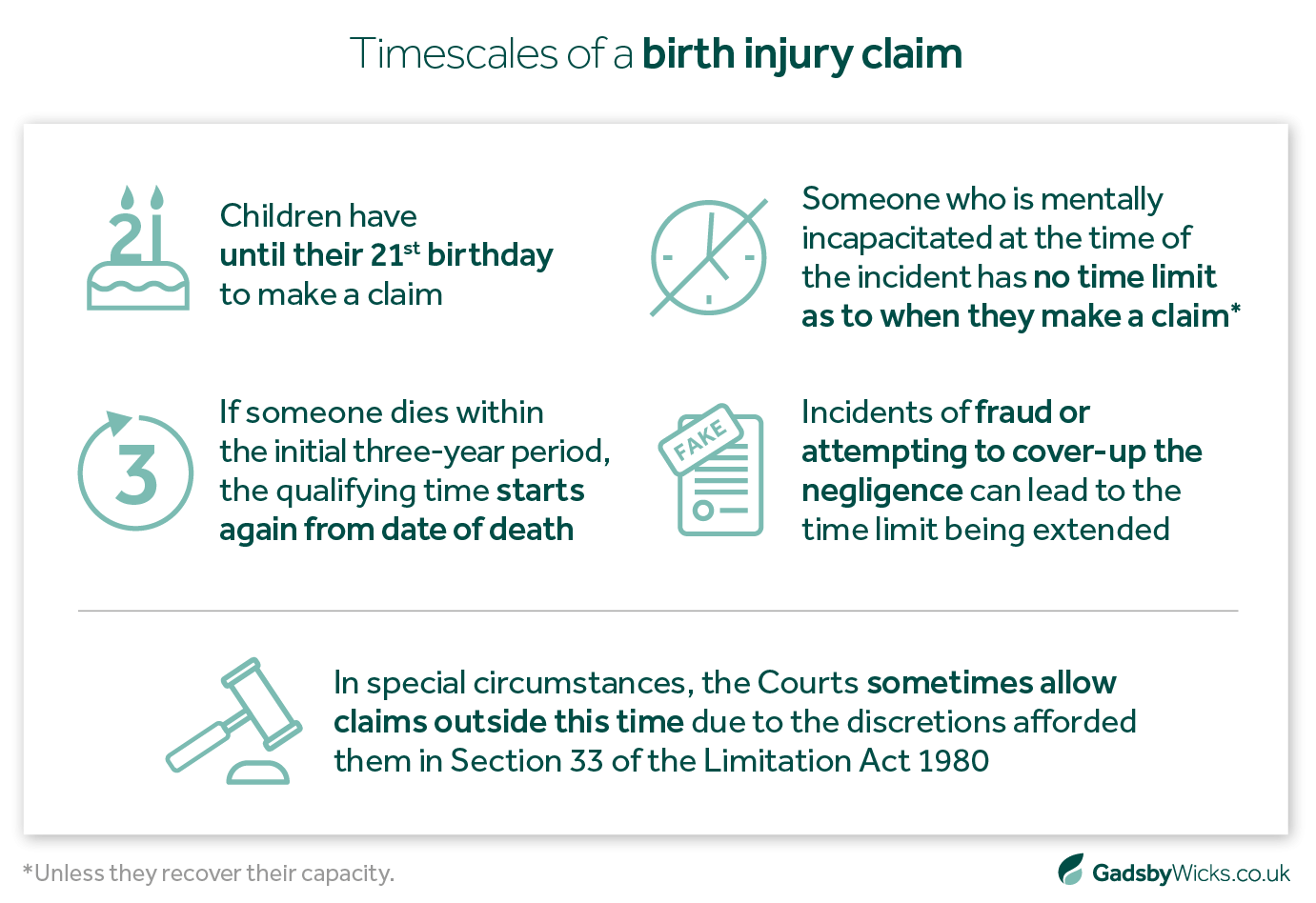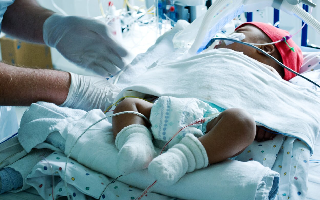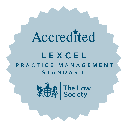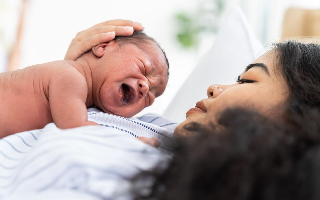
- Home >
- Birth Injury Claims
We know how devastating injuries before, during or after birth can be for babies, mothers and entire families, turning what should be a joyous occasion into a living nightmare.
At Gadsby Wicks, we’ve helped hundreds of people affected by these injuries recover up to £26 million in birth injury compensation. With over 30 years of specialist experience in Essex, trust our solicitors to prove your claim and achieve a settlement that secures your family’s future.
Our birth injury claims services
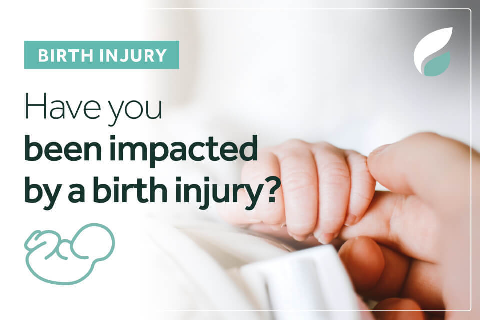
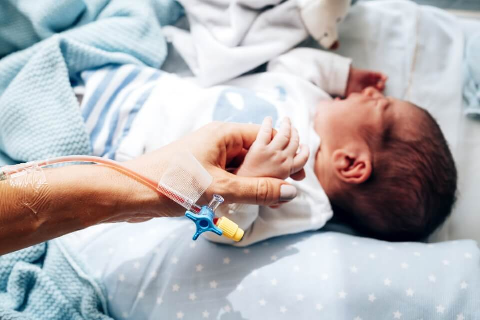
Do you have a birth injury claim?
If you, your baby or your partner is harmed during pregnancy, childbirth or the postnatal period, and this is due to negligence by your doctor, midwife or another professional, then you likely have a birth injury claim.
From injuries to the mother such as perineal tears, to oxygen starvation causing a baby to be born with Cerebral Palsy. As specialist birth injury solicitors, we understand the life-changing impact of these injuries, and cover all bases to ensure you get the compensation, answers and justice you are owed.

The specialist birth injury claims solicitors for Essex & East Anglia
Since 1993, our lawyers have represented hundreds of birth injury claims in Essex and East Anglia, securing settlements worth up to £26 million for our most severely injured clients.
No matter the complexity of your case, we have the experience and insight to prove you have a valid claim. Working on a ‘no win, no fee’ basis and with 96% of our cases settled outside of court, we achieve the settlement you deserve with minimal stress and no financial risk.
Birth Injury Payouts & Compensation Guide
The amount of compensation you recover from a birth injury claim can vary greatly, depending on the type of injury and its long-term effects. As experienced birth injury claims solicitors in Essex, we have represented cases worth anywhere from tens of thousands of pounds for minor injuries, all the way up to £26 million for children born with severe Cerebral Palsy.
Through our unrivalled knowledge and decades of managing birth injury cases, we ensure our clients, regardless of their injuries and circumstances, achieve the compensation they deserve.
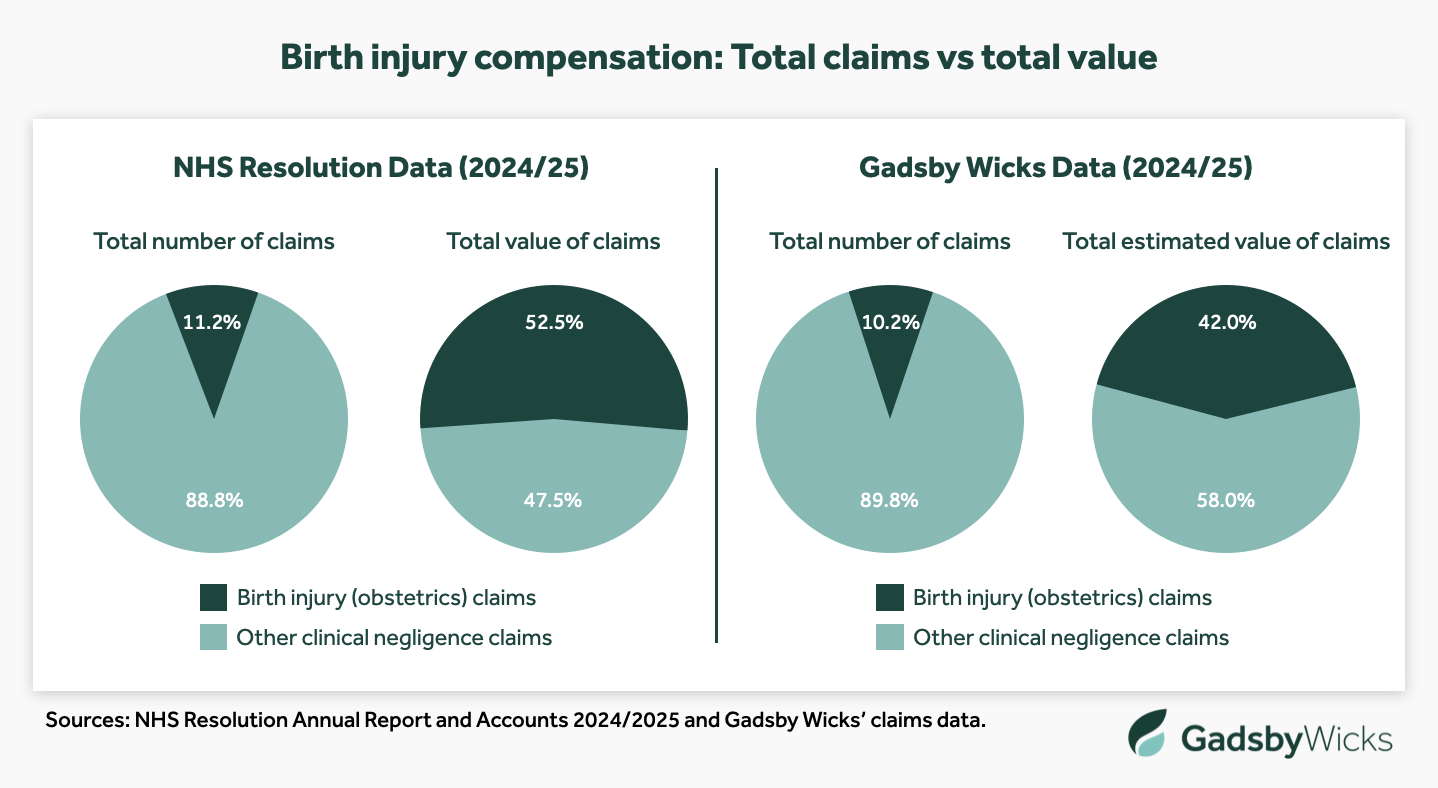
Understanding birth injury compensation in the UK
According to the latest Annual Report & Accounts from NHS Resolution, although birth injury claims made up just over 11% of all claims in 2024/25, they accounted for a substantial 52.5% of the total value of all claims (£3.5 billion).
View our National and Essex Medical Negligence Statistics post for more information.
Our own data at Gadsby Wicks tells a similar story. 11% of our total medical negligence claims over the past year have been birth injury claims, yet they account for nearly 42% of our total estimated claim value.
This illustrates that birth injury claims are among the (if not the) most valuable type of negligence claim. In our experience, this is largely due to long-term injuries suffered by babies before, during or shortly after childbirth – such as brain injuries caused by oxygen starvation – that necessitate lifelong care, therapies, equipment and more.
For example, we recovered over £7 million for our client after a failure to diagnose and treat their acidosis, hypotension and hyperbilirubinaemia in the neonatal period led to a diagnosis of Cerebral Palsy and profound deafness.
In the most severe cases, it is not uncommon for settlements to be significantly higher, such as the £29 million awarded to the family of a baby girl who suffered ‘catastrophic’ injuries due to negligent omissions shortly after her birth.
But, there are two critical details to keep in mind here:
- Birth injury payouts are not lottery wins. The amounts of compensation recovered only ever reflect the impact of the damages incurred. We have never represented a client or family who wouldn’t trade their compensation to turn back the clock on their injuries.
- The scope for birth injury payouts is incredibly vast. For every multi-million pound claim that makes national headlines, there are many more lower-value claims for less significant injuries.
At Gadsby Wicks, our solicitors have extensive experience managing birth injury claims of any complexity, severity and value. No matter you or your loved one’s circumstances, we cover all bases to ensure you receive the compensation you rightly deserve.
How is birth injury compensation calculated?
Birth injury claims compensation is divided into two parts: general damages and special damages.
General damages for birth injury claims
General damages are compensation for the specific physical and psychological harm caused by the birth injury, often referred to as “pain, suffering and loss of amenity”.
When calculating general damages for birth injury settlements, we often use the Judicial College Guidelines as a starting point. This offers guideline amounts of compensation which may be awarded for common types of birth injury, including:
- Brain injuries (caused by oxygen starvation during birth)
- Injuries involving paralysis (Cerebral Palsy, Erb’s Palsy)
- Female reproductive system injuries
- Bowel and bladder injuries
- Orthopaedic injuries (fractures)
- Psychiatric and psychological injuries
- Injuries resulting in death (stillbirth, neonatal death)
We have included some figures related to birth injury claims in the table below. However, it’s important to note that the JCG guidelines are only estimates – birth injury compensation is calculated on a case-by-case basis.
Furthermore, in medical negligence claims specifically, we know that clients are often injured or unwell before enduring negligent treatment. They may not have been expected to go back to their pre-injury state in any event, or we must consider ongoing health issues.
That is why it is crucial to work with experienced, specialist birth injury solicitors. We assess each claim individually to ensure that the general damages recovered reflect the specific physical and psychological harm caused and our clients’ unique circumstances.
| Severity | Estimated Value Range | Notes |
|---|---|---|
| Brain injury | ||
| Very severe | £344,150 - £493,000 | Little to any evidence of meaningful response to environment, little to no language function, double incontinence, requires full-time nursing care. Includes cases involving quadriplegic Cerebral Palsy causing severe cognitive and physical disabilities. |
| Moderately severe | £267,340 - £344,150 | The injured person will be seriously disabled, with a substantial dependence on others and a need for constant professional care. Disabilities may include limb paralysis, impaired intellect and personality and greatly reduced life expectancy. |
| Moderate | £52,550 - £267,340 | Degree of dependence is markedly lower than moderately severe cases. Can range from moderate to severe intellectual deficit and effects on sight, speech and senses, to cases where concentration and memory are affected. |
| Female reproductive system injury | ||
| Very severe | £140,210 - £207,260 | Infertility with sexual dysfunction, severe depression and anxiety, pain and scarring. |
| Severe | £52,490 - £124,620 | Likely permanent sexual dysfunction in the case of a person with children or who is unable to have children. |
| Moderately severe | £68,440 - £87,070 | Infertility with no aggravating features and no sexual dysfunction in a young person without children. |
| Moderate | £21,920 - £44,840 | Infertility without medical complications and no sexual dysfunction where the injured person already has children. |
| Bowel injury | ||
| Severe | Up to £224,790 | Cases involving double incontinence – total loss of bowel function and urinary function and control. |
| Moderately severe | Up to £183,190 | Total loss of natural function and dependence on colostomy (depending on age). |
| Moderate | In the region of £97,530 | Persistent faecal urgency and passive incontinence causing embarrassment or distress. |
| Less severe | £54,420 - £85,100 | Severe abdominal injury often necessitating temporary colostomy and/or restriction on diet and employment. |
| Minor | £15,370 - £29,870 | Penetrating injuries causing some permanent damage but with an eventual return to natural function and control. |
| Bladder injury | ||
| Severe | Up to £224,790 | Cases involving double incontinence – total loss of bowel function and urinary function and control. |
| Moderately severe | Up to £171,680 | Complete loss of function and control. |
| Moderate | £78,080 - £97,540 | Serious impairment of control with some pain and incontinence. |
| Less severe | £28,570 - £38,210 | Where there has been almost a complete recovery but some fairly long-term interference with natural function. |
| Psychiatric injury | ||
| Severe | £66,920 - £141,240 | Problems affecting life, education and work, negative impact on relationships, high vulnerability and poor prognosis. |
| Moderately severe | £23,270 - £66,920 | Similar problems with a more optimistic prognosis, such as psychiatric injury following a negligent stillbirth or traumatic birth. |
| Moderate | £7,150 - £23,270 | Similar problems to the above but there will have been marked improvement by trial and a good prognosis. |
Special damages for birth injury claims
Special damages cover the financial impact of a birth injury, both now and for the future. These expenses may include:
- Medical and rehabilitation costs, such as ongoing therapies, treatments, medications and rehabilitation programs
- Care and assistance costs, such as employing professional carers, family care and appointment of case managers
- Loss of earnings, including potential loss of future earnings over an injured or disabled child’s lifetime
- Equipment, accommodation and transport, such as medical aids, home adaptations and specially adapted vehicles
- Travel expenses, such as journeys to and from the hospital to undergo treatment and therapies
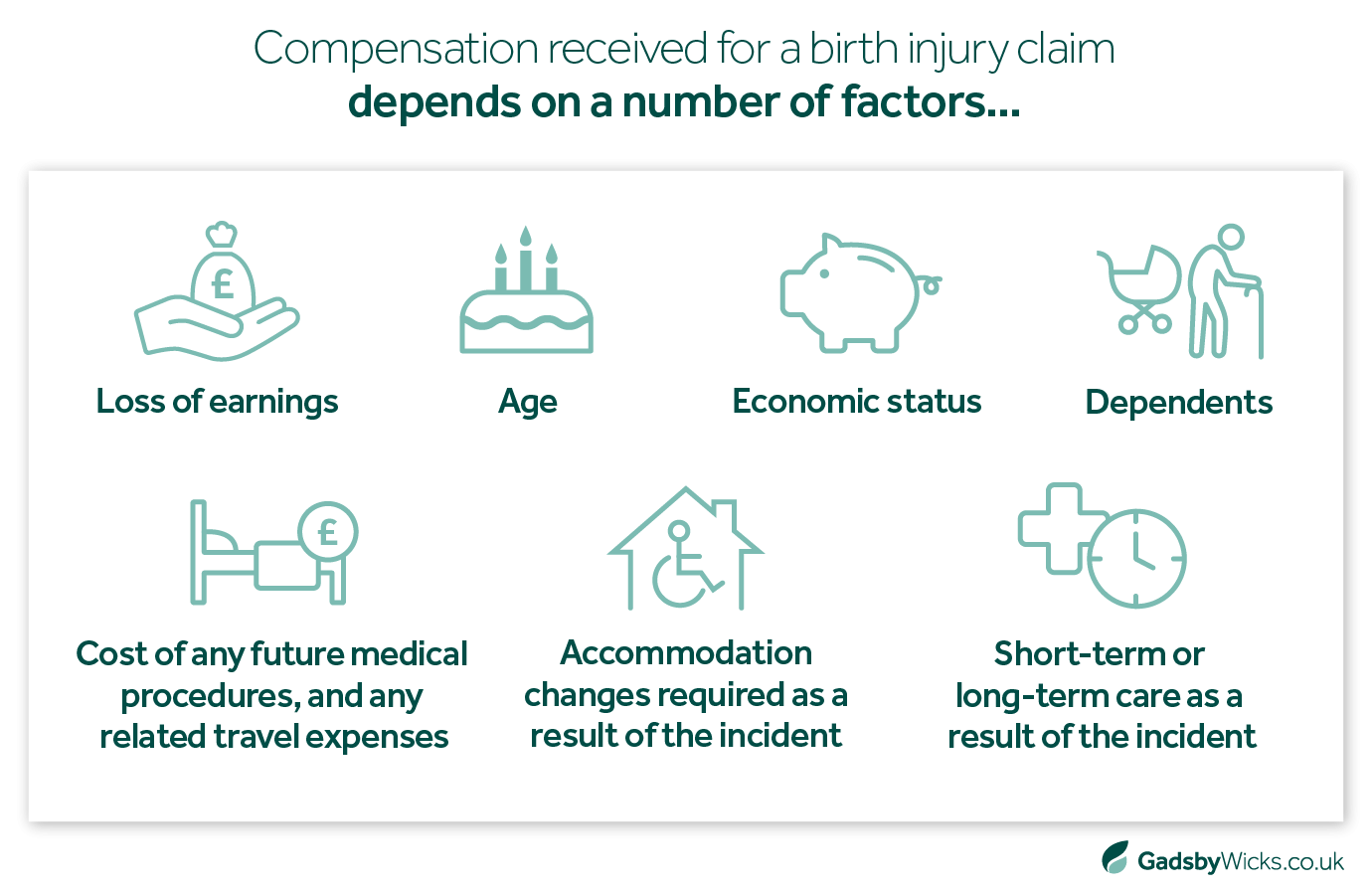
Special damages are often where you see significant differences in the amount of birth injury compensation awarded, as it is completely dependent on a person’s unique circumstances and ongoing care requirements.
For example, we represented a client who was born with Cerebral Palsy and epilepsy after being starved of oxygen in the period immediately before his birth. While general damages amounted to £300,000, special damages totalled over £5.8 million due to the long-term ramifications of his injuries.
As specialist birth injury solicitors in Essex, we work closely with forensic accountants, case managers and other impartial experts to accurately determine the past and future financial impact of our clients’ injuries, so special damages reflect their specific needs.
What is the average birth injury claim settlement in Essex?
We are often asked what the average birth injury claim settlement is. The reality is that there is no average birth injury claim settlement, because the nature and impact of birth injuries vary hugely from case to case.
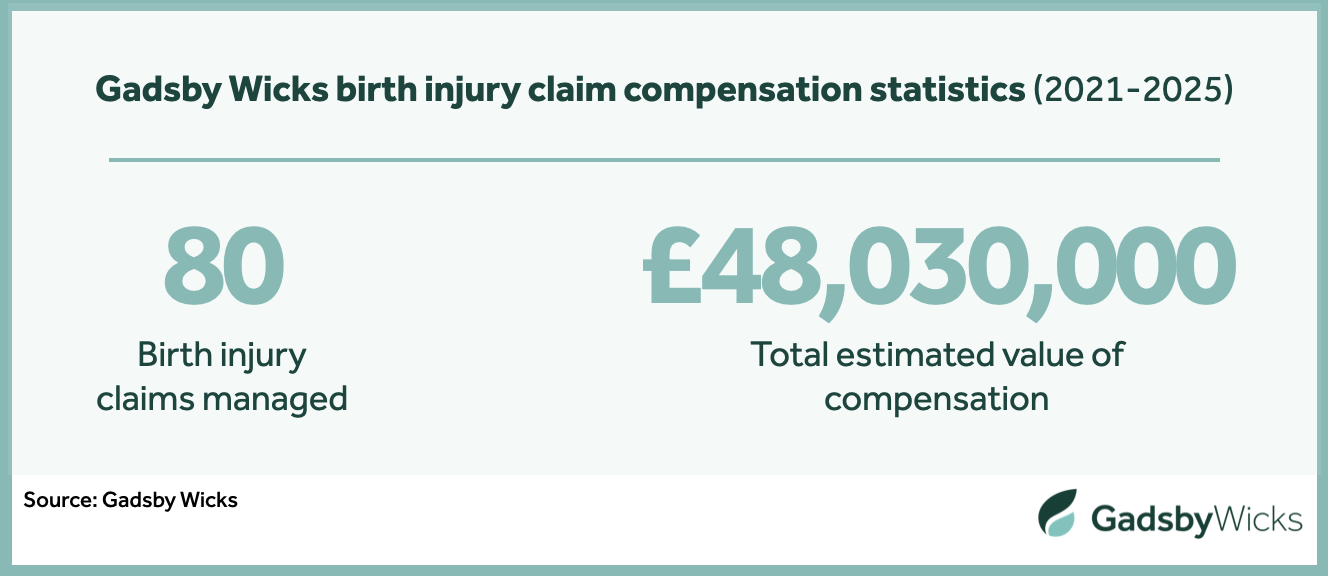
In our 30 years of experience in managing birth injury cases in Essex, we’ve recovered tens of thousands of pounds for claims where mothers sustained perineal tears or babies were sadly stillborn, to multi-million pounds for catastrophic brain injuries that will require children to receive round-the-clock care for the rest of their lives.
That is why a true medical negligence specialist doesn’t focus on averages. Instead, we focus on each client and case individually, ensuring they receive birth injury payouts that will support their specific needs, both now and in the long term.
Should I use a birth negligence compensation calculator?
Many solicitors use birth injury compensation calculators on their websites that allow people to estimate the value of their claim based on set parameters. But these are often misleading.
Online compensation calculators are often designed to capture leads rather than provide useful information. Through our decades of handling birth injury claims across Essex and East Anglia, our solicitors know that you cannot estimate a claim until meeting our client face-to-face and examining the available evidence.
We value transparency and accuracy over everything, and don’t make promises we can’t keep. Because every client and claim is unique, we insist on understanding you and your circumstances before providing any form of estimate about your settlement.
Examples of birth injury compensation amounts
Here are some examples of payouts we have recovered for birth injury claims in Essex and East Anglia:
- £26 million for a child born with severe Cerebral Palsy, learning difficulties and movement problems due to avoidable oxygen deprivation
- £7.3 million for brain injuries that led to a premature child being diagnosed with Cerebral Palsy and profoundly deaf
- £6.1 million for a baby born with Dystonic Athetoid Cerebral Palsy and epilepsy due to a prolonged second stage of labour
- £42,530 for a mother after her baby was stillborn due to preventable acute hypoxia
Case studies for some of our birth injury claims
What does our birth injury claim process look like?

A free initial consultation
Call us, request a callback or complete our online form and we’ll assess if you have a valid medical negligence claim.

Funding your claim
Discover the ways we can fund your claim without you paying a penny at any stage of the process.

Investigating evidence
We gather medical records, witness statements and more to learn what happened to you and prove your claim.

Instructing independent medical experts
We work with impartial, experienced medical experts to establish whether your injuries were due to substandard medical care.

Valuing your claim
We assess your health and financial losses to accurately estimate how much compensation your claim is worth.

Presenting your case
We contact the Defendants and the Courts on your behalf to set out your allegations and receive a response.

Negotiating a settlement
We work to achieve a fair settlement for you outside the courtroom – this is how 96% of our cases end.

Preparing for Trial
If we must proceed to Trial, we fully prepare you for what to expect so you receive the right result in court.
FAQs about birth injury claims
How can birth injuries happen?
In our 30+ years of experience at Gadsby Wicks, a large proportion of birth injuries we’ve investigated occur due to poor monitoring during pregnancy, or avoidable complications during labour and delivery.
Examples of this include:
- Allowing difficult or prolonged labour
- Failure to monitor the baby's or the mother’s heart rate
- Improper use of forceps or ventouse to assist delivery
- Mismanaged shoulder dystocia
- Delayed caesarean sections
- Unsuitable birthing techniques
Not all birth injuries are preventable or can be blamed on someone. However, when birth injuries can be attributed to the direct fault of a doctor or medical staff, those affected could have grounds to claim compensation.
Do I have a valid birth injury claim?
To have a valid birth injury claim, you must prove three important criteria:
- A healthcare professional breached their duty of care to you
- You suffered pain, injury, loss or damage during your treatment
- Your injuries were directly caused by the breach of duty
If your birth injury claim does not satisfy all three criteria, then it is invalid. As specialists in all forms of birth injury claims, we can determine early in our investigations whether your claim is likely to succeed or not. This means that if we pursue your claim, then we are confident that we will achieve a fair payout for you and your loved ones.

What are the different types of birth injury?
There are many different types of birth injuries, which can apply to the mother and/or the baby. Across our decades of managing birth injury claims in Essex and East Anglia, the most common examples we encounter include:
- Injury to babies claims
- Injury to mother claims
- Cerebral Palsy claims
- Erb’s Palsy claims
- Stillbirth claims
- Neonatal death claims
- Ectopic pregnancy negligence claims
- Shoulder dystocia claims
- Perineal tear claims
If you or someone you love has been affected by these birth injuries, you can be confident that we have the experience and knowledge to achieve a successful settlement.
Who can make a birth injury compensation claim?
A birth injury claim can be made by a mother injured during childbirth, a parent or legal guardian on behalf of their child, or a person’s dependents if the mother or baby tragically dies before, during or shortly after birth.
When a baby or child under the age of 18 is the claimant in a birth injury case, a parent or legal guardian will be required to act as their Litigation Friend. A Litigation Friend makes decisions about a court case on behalf of a protected party.
At Gadsby Wicks, we have a long history of helping Litigation Friends navigate the complexities of making a birth injury claim. If you’d like to learn more, watch our podcast on making a medical negligence claim on someone’s behalf.
What evidence is needed to prove a birth injury negligence claim?
Common evidence we use to prove a birth injury claim includes:
- Patient medical records
- Personal statements and witness statements
- Photographs and videos
- Financial records
- Medical expert reports and testimony
Through our long history of handling birth injury claims and our well-established network of medical experts, our lawyers often gather and assess evidence faster than a generalist law firm can.
What is your birth injury claim process?
Our birth injury claim process is no different from claiming for other medical accidents:
- At your initial consultation, we’ll assess the validity of your claim and introduce you to the experienced solicitor who will manage your birth injury claim from start to finish.
- We’ll confirm funding for your claim, finding a way for you to pursue your claim without having to pay any money before final settlement.
- We’ll gather and investigate all available evidence on your behalf, including reports from independent medical experts.
- Based on the evidence, we’ll then determine the amount of compensation your birth injury claim can reasonably recover.
- We’ll send a Letter of Claim setting out your allegations to the Defendants.
- We’ll negotiate with the Defendants, either achieving a settlement outside of court or proceeding to court if necessary.
Even if we determine that it is not in your best interests to pursue a negligence claim, our investigations and extensive knowledge of medical negligence law will often shed light on the nature or cause of your birth injury, which may help give you peace of mind over the incident.
Our investigations include finding the root cause of a birth injury, and if other factors were involved around surgical mistakes, misdiagnosis of a condition or medical situation, or delayed treatments.
Contact our expert birth injury claims solicitors
If you or a loved one have experienced a birth injury and would like to speak to someone about your options, our team is here to listen and advise you on your next steps.
Featured birth injury claims insights


Lexcel accredited medical negligence claims solicitors
We are proud to be a Lexcel-accredited practice. The accreditation is a mark of quality and comes directly from the Law Society.
A recent assessment described us as a “Centre of Excellence” and we continue to operate to the highest standards across all main areas of our field. These include client care, case management, financial management, structure and strategy, people management, risk management, information management and file management.


